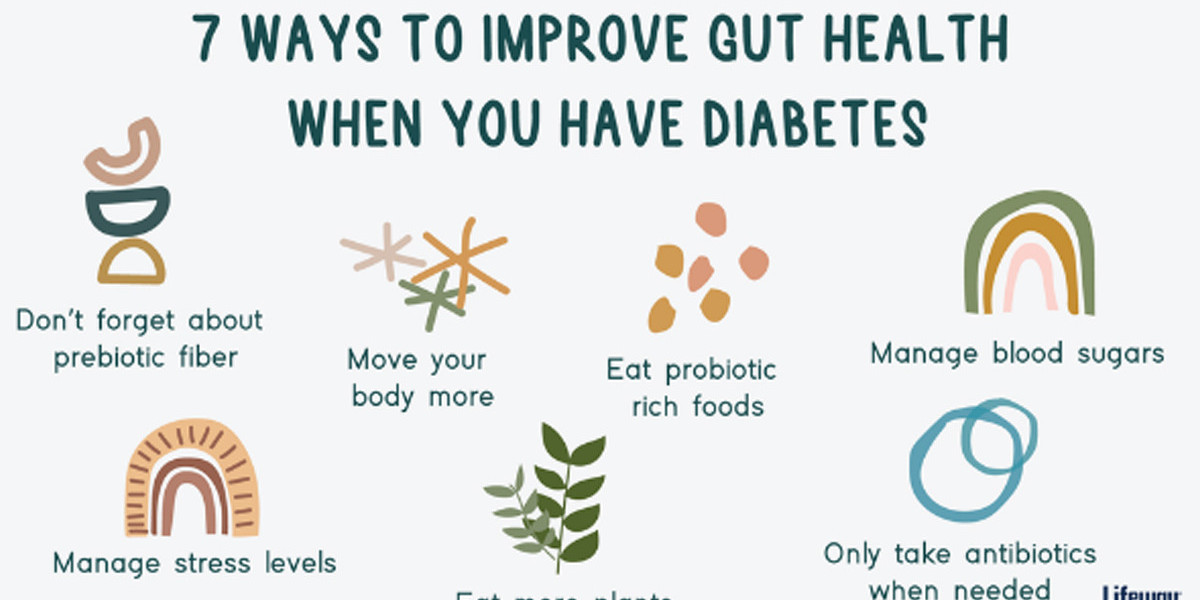Sleep and Digestion: The Ultimate Guide to Better Health
Regarding living a healthy life, two pillars often overlooked are sleep and digestion. These two vital processes are profoundly connected and surprisingly influence each other. Suppose you’ve ever had an uneasy night after a heavy meal or felt your digestion improve with better sleep. In that case, you’re already experiencing this link firsthand.
In this guide, we’ll explore the fascinating relationship between sleep and digestion, why it matters, and how to optimize both for a healthier you.
Why Sleep and Digestion Are Connected
The Gut-Sleep Axis
Your gut and brain communicate constantly through the gut-brain axis, which plays a critical role in managing your sleep cycles and digestion.
Melatonin Production: Your gut produces melatonin, the hormone that regulates sleep. Poor digestion can reduce melatonin levels, disrupting sleep patterns.
Gut Microbiome: A healthy gut supports better sleep by influencing mood and reducing stress, key factors in restful sleep.
Sleep’s Impact on Digestion
Improved Gut Function: Quality sleep, including your digestive system, allows your body to repair itself.
Reduced Inflammation: Poor sleep can increase gut inflammation, leading to discomfort and issues like bloating or constipation.
How Poor Sleep Affects Your Digestion
1. Disrupted Gut Movements
When you’re sleep-deprived, your digestive system slows down. This can lead to constipation or irregular bowel movements.
2. Hormonal Imbalances
Lack of sleep increases stress hormones like cortisol, negatively impacting your gut health and digestion.
3. Poor Food Choices
Sleep deprivation often leads to cravings for sugary or high-fat foods, which strain your digestion.
How Digestion Affects Your Sleep
Your digestive habits can directly impact how well you sleep. Here’s how:
1. Late-Night Eating
Eating heavy meals close to bedtime can cause acid reflux and discomfort, making it hard to fall asleep.
2. Poor Gut Health
An unhealthy gut can reduce melatonin and serotonin production, disrupting sleep cycles.
3. Digestive Issues at Night
Conditions like irritable bowel syndrome (IBS) or bloating can keep you awake or disturb your sleep.
Simple Tips to Improve Sleep and Digestion
Optimizing sleep and digestion doesn’t have to be complicated. Follow these practical tips for better health:
1. Time Your Meals
Avoid eating large meals within two to three hours of bedtime.
Opt for lighter, easily digestible options like soups or salads if you’re hungry at night.
2. Stay Hydrated
Drink plenty of water during the day to aid digestion.
Limit fluids an hour before bedtime to prevent waking up frequently at night.
3. Add Gut-Friendly Foods
Incorporate probiotics like yogurt and fermented foods to promote a healthy gut.
For smooth digestion, include high-fiber foods such as fruits, vegetables, and whole grains.
4. Create a Relaxing Bedtime Routine
Engage in calming activities like reading or deep breathing.
Avoid screens at least an hour before bed to improve melatonin production.
5. Sleep on Your Left Side
Sleeping on your left side can improve digestion and reduce acid reflux.
6. Exercise Regularly
The daily movement supports digestion and better sleep. Choose activities you enjoy, such as walking, yoga, or swimming.
Best Foods for Sleep and Digestion
Eating the right foods can enhance both your digestion and sleep quality. Here are some excellent options:
Foods for Better Digestion
Ginger: Reduces bloating and supports gut health.
Papaya: Contains enzymes that aid in breaking down food.
Leafy Greens: High in fiber, promoting regular bowel movements.
Foods for Better Sleep
Bananas: Rich in magnesium, which relaxes muscles and promotes sleep.
Almonds: A source of melatonin and magnesium for better sleep.
Oats: Contains melatonin and complex carbs that help you feel calm.
Dual-Purpose Foods
Some foods support both sleep and digestion:
Kiwi: Kiwi is known to improve sleep quality and is high in fiber.
Chamomile Tea: Calms the stomach and promotes restful sleep.
Yogurt: Contains probiotics for gut health and promotes melatonin production.
The Role of Supplements in Sleep and Digestion
Supplements can be a valuable addition to your routine. Here’s how they help:
Sleep Supplements
Melatonin: Helps regulate your sleep-wake cycle.
Magnesium: Reduces stress and promotes relaxation.
Valerian Root: A natural remedy for improving sleep quality.
Digestive Supplements
Probiotics: Balance your gut bacteria for smoother digestion.
Digestive Enzymes: Aid in breaking down food more efficiently.
Fiber Supplements: Promote regular bowel movements and reduce bloating.
Before starting any supplement, please consult your healthcare provider to ensure it’s right.
Common Myths About Sleep and Digestion
Let’s debunk some common myths:
Myth 1: Eating Late at Night is Always Bad
Eating late is fine if the food is light and easy to digest. Avoid heavy, greasy meals close to bedtime.
Myth 2: Sleeping Immediately After Eating is Healthy
Lying down right after a meal can lead to acid reflux. Wait at least two hours before sleeping.
Myth 3: Sleep and Digestion Are Not Related
As we’ve seen, sleep and digestion are deeply connected. Improving one can significantly benefit the other.
A Holistic Approach to Sleep and Digestion
To truly optimize your health, take a holistic approach:
Mind-Body Connection: Meditation and yoga can reduce stress and improve sleep and digestion.
Consistency: Stick to regular sleep and meal schedules to regulate your body’s natural rhythms.
Healthy Environment: Create a sleep-friendly bedroom and a calm dining space to support relaxation.
Final Thoughts
The relationship between sleep and digestion is one of balance and harmony. By making mindful choices, you can improve both, leading to a healthier and happier life.
For more tips and resources on better sleep and digestion, visit Medica Wisdom.
Start prioritizing your sleep and gut health today—it’s the foundation of your well-being.








